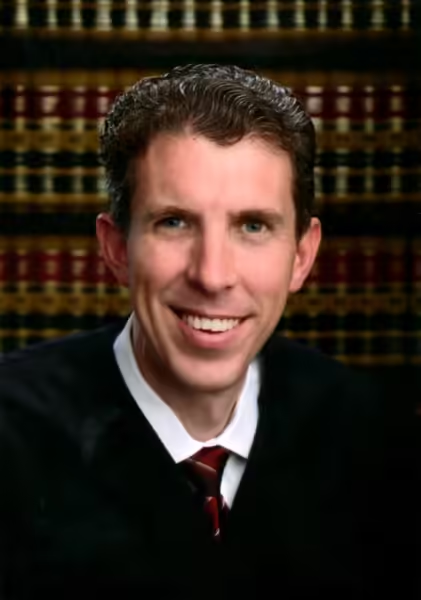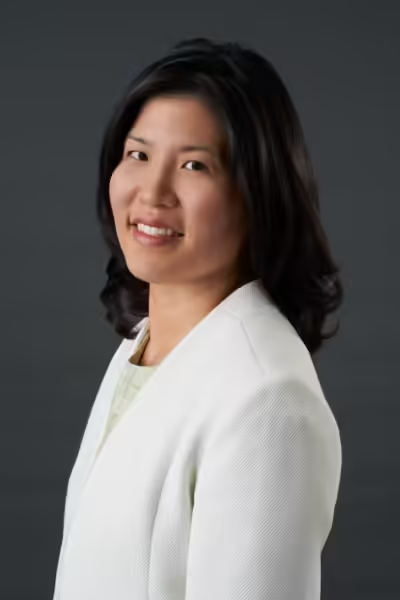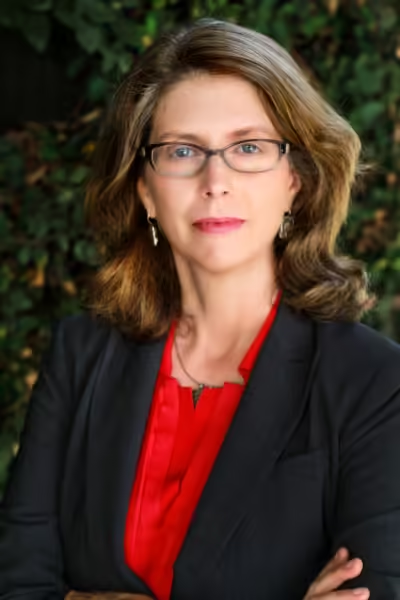By Chris Villanueva, Columnist
The band NOFX is on the final leg of its very last tour before calling it quits. I picked up my first NOFX album in my early teens (I’m in my 40s now), and the heavy but fast skatepunk sound immediately blew me away. The album, Ribbed, was my gateway to NOFX’s music and I’ve been a fan ever since. I’ve only been to a handful of their shows, but needless to say, I was heartbroken to hear that they are retiring.
Since April, NOFX has been on a 40-city 40-song tour marking their 40-year reign in the punk rock scene. The band’s final show is on the first weekend of October (Oct. 4 to 6) at San Pedro’s Berth 46. There will be many special guests, including The Descendents, Lagwagon, Dropkick Murphys, Pennywise, MxPx, Fishbone, and many more.
NOFX kicked off the tour with their latest release, The Half Album, as an endnote to their discography. The titles in their tracklist are typical of albums past: clever, irreverent, heavy on the wordplay, and sardonically substantive in their storytelling given the age of the audience that’s gotten older with them. The opening track, Fake-A-Wish-Foundation, is a follow-up to the song My Bro Cancervive Cancer, which was released on their 2021 album titled Single Album. In that song, singer Michael Burkett, better known as Fat Mike, sings about a man named Brett who befriended the band and claimed he had brain cancer. The track follows up on the man only known as Brett and talks about how he scammed many people with the same lie just to get free perks from NOFX and many other bands before being found out.
The second track I’m a Rat is another catchy punk rock song served up NOFX style. The song was reportedly originally written by Fat Mike for the Japanese punk rock band Hi-Standard, who also released a version of this song in 2023. You can also find an instrumental orchestral version of this song on the album Fat Mike Gets Strung Out. It’s definitely worth a listen.
The Queen is Dead starts mellow before going full punk. It’s a song and tribute to a person named Naja Brooks, a friend and salesperson for the band who passed away in recent years. It’s a great song with lots of emotion.
The track titled The Most Humblest Man in the World has a slightly different mood like it could’ve come from one of their older albums.
Finally, we have The Last Drag, the longest song on the album at a little over six minutes. On this track, Fat Mike sings about detox and addiction, likely reflecting on his long battle with drug addiction, getting clean, and now his retirement after 40 years with NOFX.
All in all, it’s a good little album to check out. And generations of punks will miss this band. If you have not seen them live, there’s no time like now.
Sunday, general admission tickets are still available.
For bands that have continuously stayed in the limelight for as long as NOFX has, it’s hard to imagine retirement being the end. And it may not, in the sense band members will go onto solo projects and projects with other artists.
Punk legend in residence, Mike Watt, is no stranger to that experience as the founder of Mike Watt and the Minute (pronounced My- Noot) Men, fIREHOSE and Dos.
Watt said that in his opinion, life is a journey and personal artistic expression seems to him very natural to reflect such a thing.
“Lots of stuff goes into one’s own way of expressing themselves and definitely, I believe one might wanna explore all kinds of different ways besides stuff they’ve learned to do over and over,” Watt said.
On that note, Watt remarked that NOFX guitar man, Eric Melvin, had already started working on his solo work, referencing Melvin’s first commercial solo release in 2022 under the moniker, “Melvinator.”
Watt recalled playing with Melvin on a project called Punk Rock Karaoke 20 years ago.
“I liked him very much,” Watt said. “The other guitar man they (NOFX) added later, El Hefe [Aaron “El Hefe” Abeyta] from Sac-town … I think he’s a really good musician, really incredible. Both those cats have much respect from me.”
Todd Congelliere, frontman for Clown Sounds and Toys that Kill, played in some of the same clubs early before NOFX took off in popularity.
Congelliere noted that even a band with lesser stature could tour to whatever place that punk lives on the planet, but to get to NOFX’s level was like capturing lightning in a jar where a lot of the right things had to happen at the right time.
“Their sound was … very melodic. It also became kind of like the ’90s flavor,” Congelliere explained. “With Green Day hitting it big … The Offspring hit it big … [NOFX] was on the same label as The Offspring and there was definitely some trickle-down to that. Once those bands started getting bigger, they kind of got some of that too.”
“I don’t even know who’s bigger than them. I know The Offspring still plays on mainstream radio,” Congelliere said.
The frontman for FYP thinks it was mainly the label that they’re on that had the secret sauce to the sound they had.
“Some people called it “Southern California Skate Punk,” which I never understood. But, that was like the sound … like Bad Religion, when they did their album, Suffer,” Congeliere explained.
When asked if he was going to do any special at The Sardine, of which Congelliere is the proprietor, to take advantage of the turnout for the concert.
“If anything, it’s just [going to be] business as usual,” Congelliere said. “We’re going to extend our hours because we know people will be moseying around.”
Congelliere thought about doing something more, but wound up booking two really good shows on Friday and Sunday featuring the Canadian punk band Single Mothers and The Octmoniks on Saturday.
“We’re going to push it back and we’re going to start the band a little later [in the evening],” Congelliere said.
Generations of punks will miss this band. If you have not seen them live, there’s no time like now.
Sunday, general admission tickets are still available.
NOFX at Berth 46
Time: 12 to 10 p.m., Oct. 4 to 6
Details: https://brewhahaproductions.ticketspice.com/nofx-final-tour-san-pedro
Venue: Berth 46, 3011 Miner St., San Pedro
Terelle Jerricks contributed to this story.
















